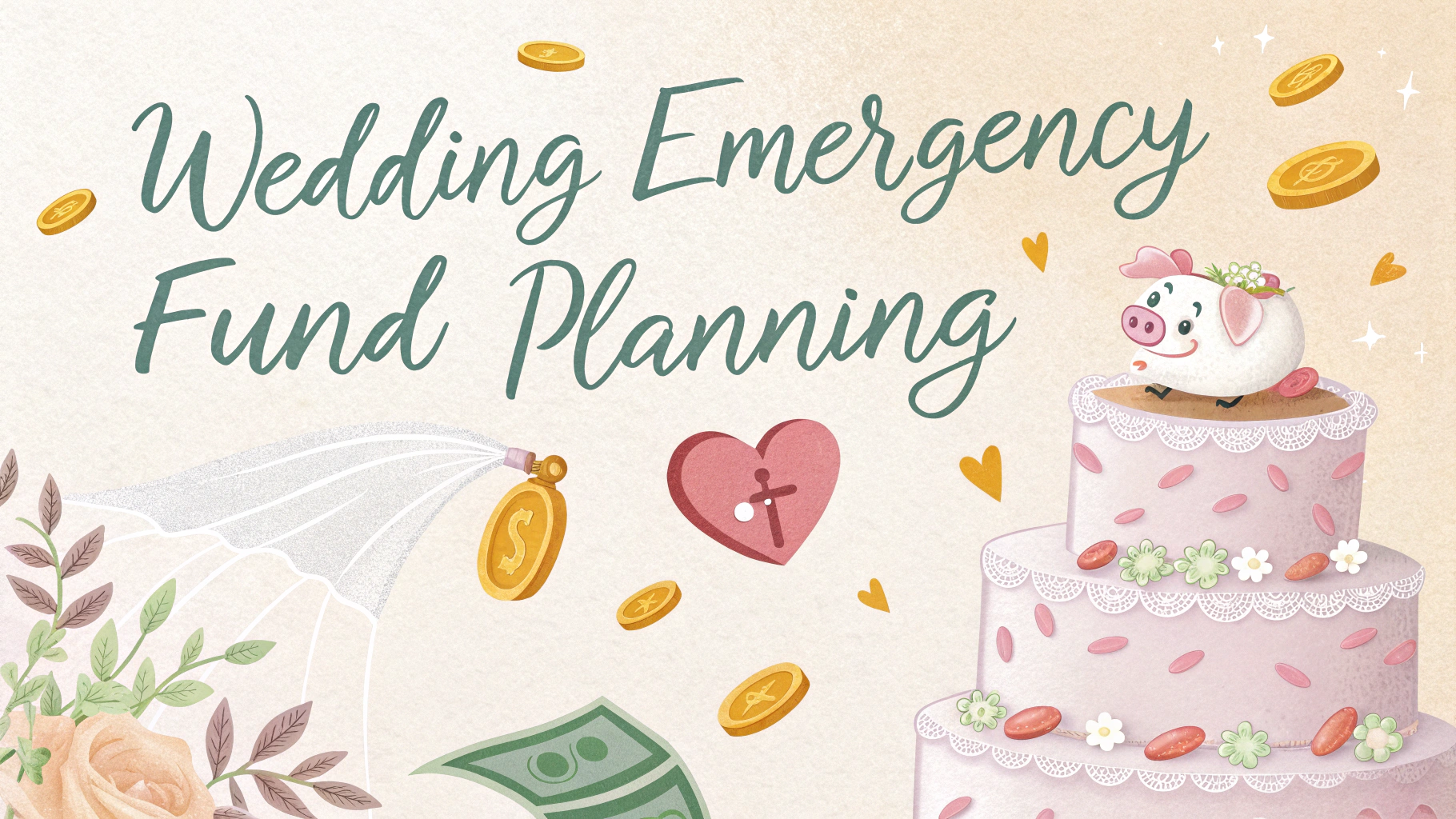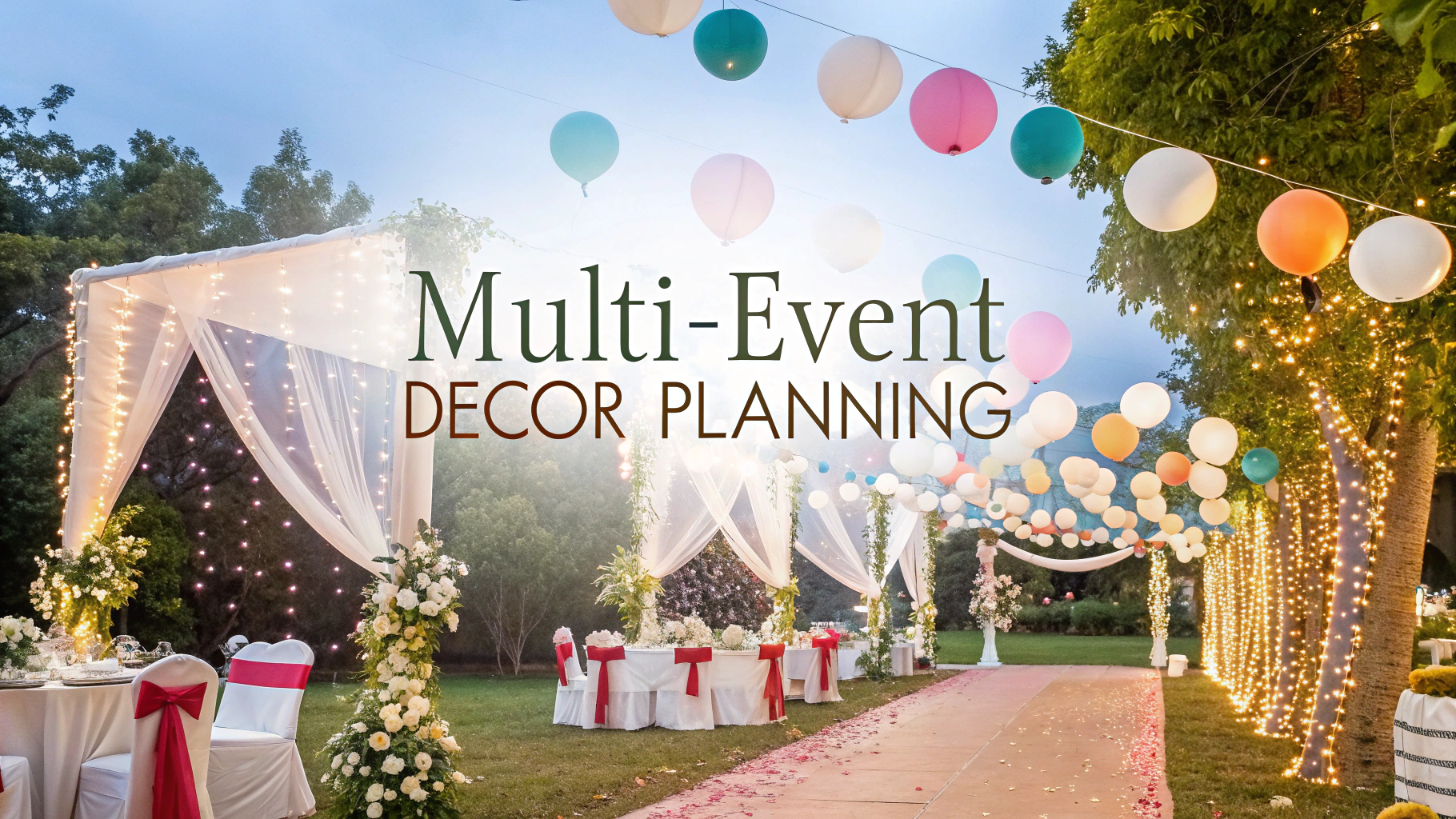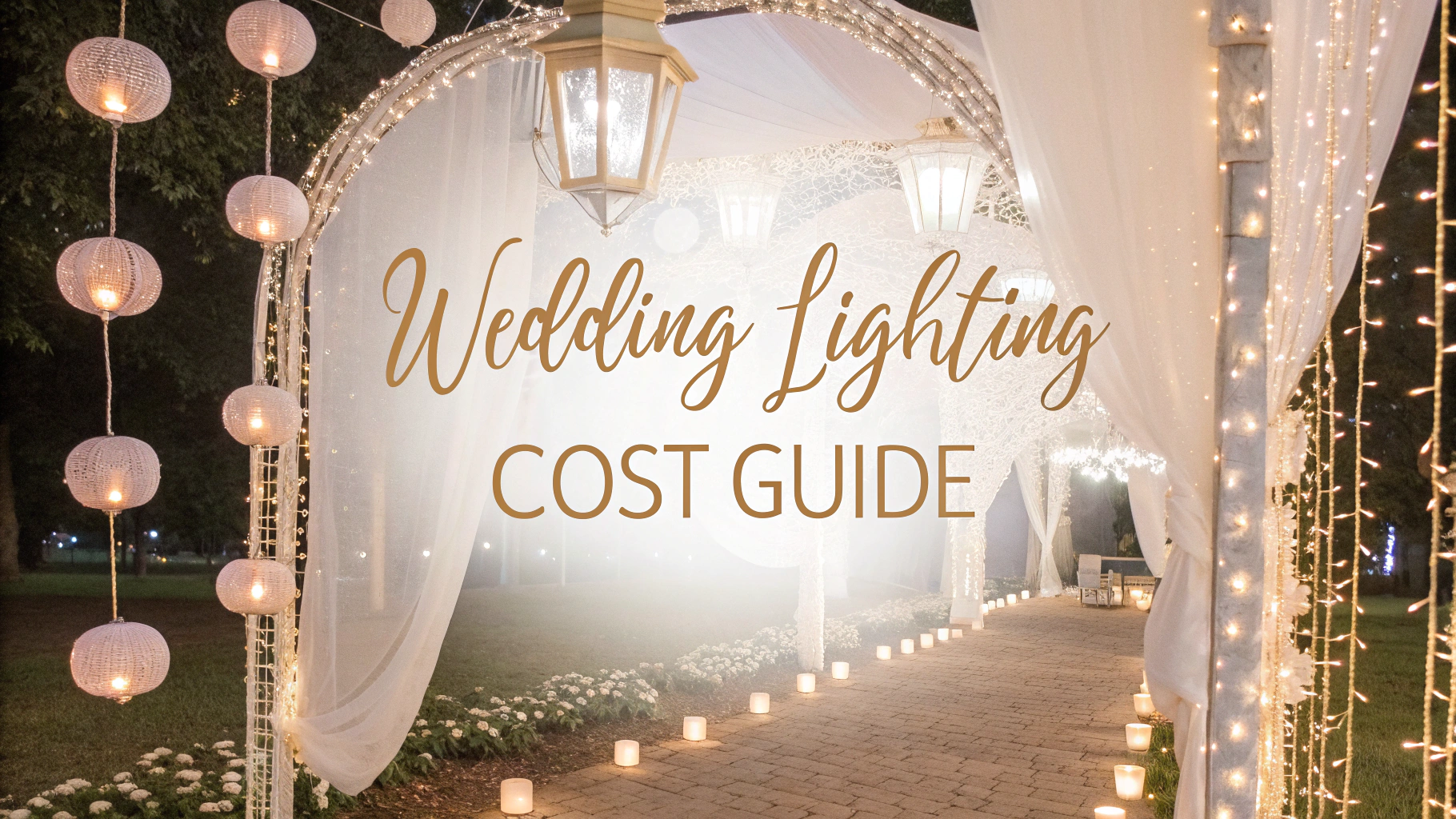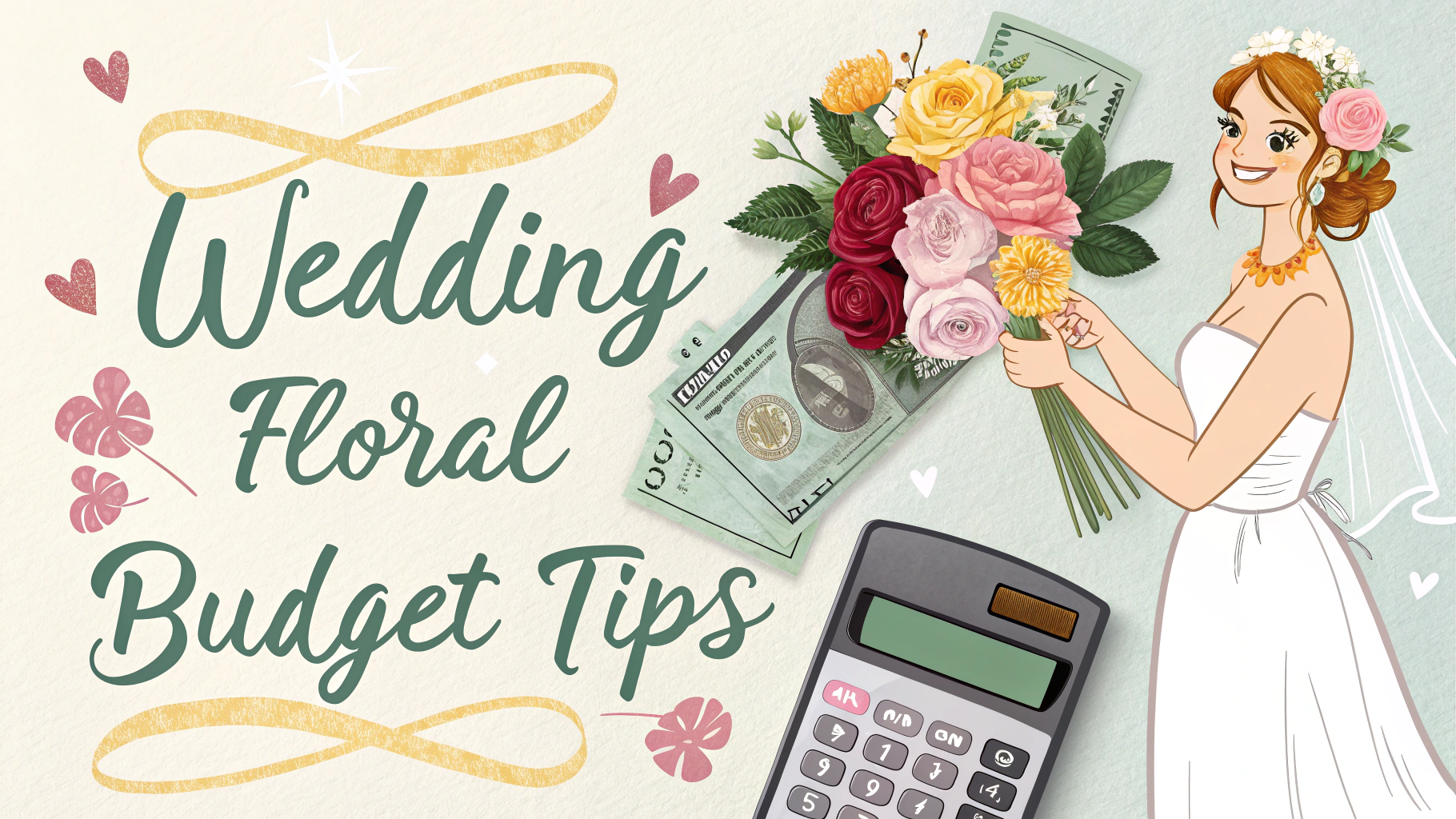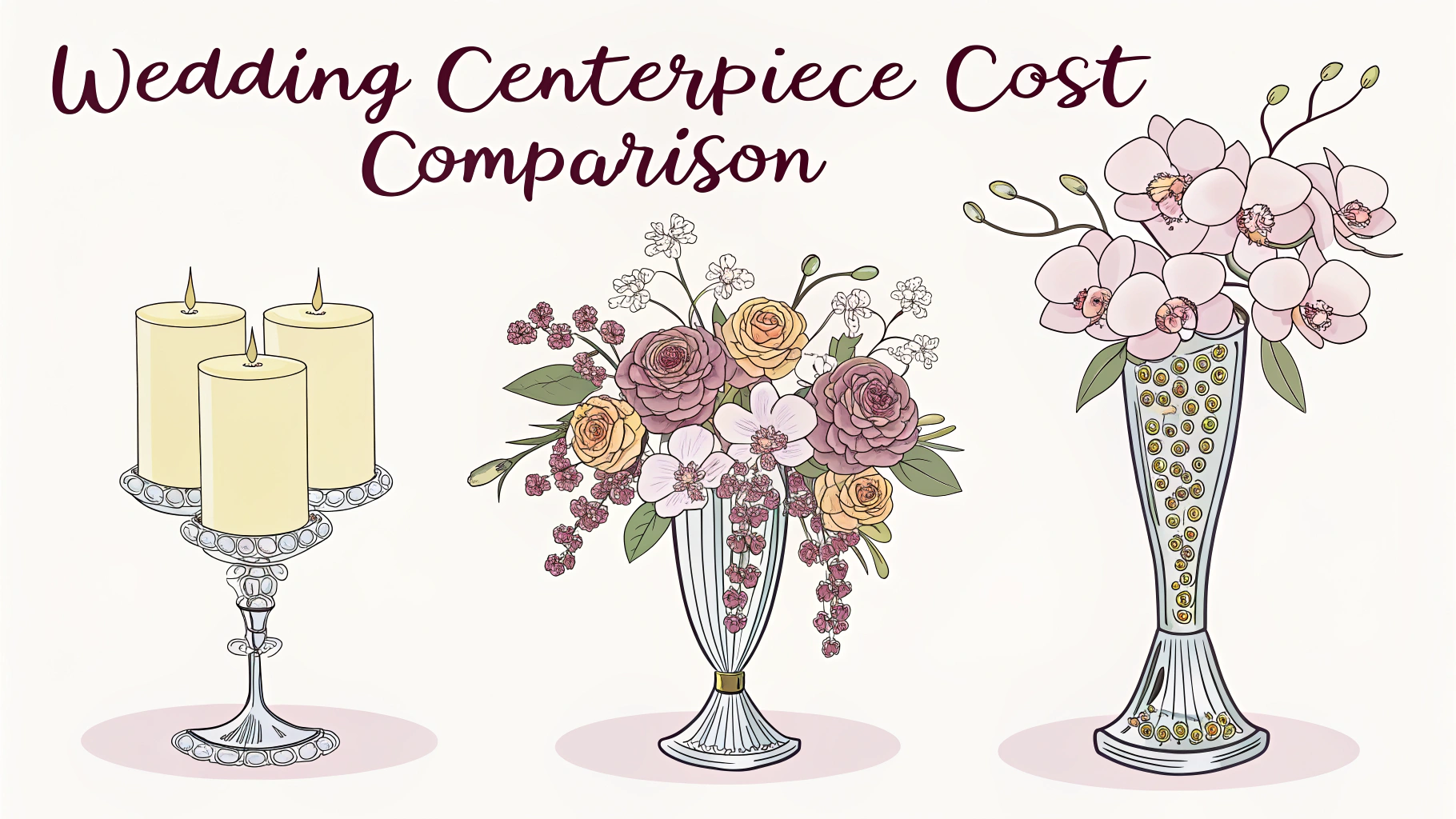A good wedding budget podcast can help you navigate tricky financial decisions while planning your special day.
These hand-picked podcast recommendations focus specifically on wedding finances and budgeting strategies.
Top Wedding Finance Podcasts
- Money With the Matthews – Hosts Bria and Chonce Matthews discuss real wedding budgets and saving strategies
- The Big Wedding Planning Podcast – Features practical budget advice from wedding planners Michelle and Christy
- Put A Ring On It – Industry experts share money-saving tips and budget breakdowns
- Wedding Planning Podcast – Host Kara Lamerato offers actionable budget control methods
What Makes These Podcasts Worth Your Time
Each recommended show brings unique insights from wedding industry professionals, financial advisors, and real couples.
Key Topics Covered:
- Setting realistic wedding budgets
- Hidden costs to watch for
- Negotiating with vendors
- DIY money-saving ideas
- Real wedding budget breakdowns
Where to Listen
| Platform | Free/Paid |
|---|---|
| Spotify | Free with ads |
| Apple Podcasts | Free |
| Google Podcasts | Free |
Tips for Getting the Most Value
- Take notes during episodes focused on your specific budget range
- Download episodes for offline listening during venue visits
- Join the podcasts’ social media communities for extra tips
- Check show notes for links to resources mentioned
Many hosts offer free downloadable budget worksheets and planning guides through their websites.
Additional Resources
Complement your podcast learning with these free wedding budget tools:
Remember to check episode release dates, as wedding costs and trends change yearly.
Smart Ways to Apply Podcast Advice
- Create a dedicated wedding planning notebook for podcast tips
- Compare recommendations across different episodes
- Fact-check vendor prices in your local area
- Share helpful episodes with your partner and wedding party
Common Budget Mistakes to Avoid
Wedding budget podcasts frequently highlight these critical errors:
- Forgetting to include taxes and gratuities
- Not setting aside an emergency fund
- Overlooking small expenses that add up
- Making emotional rather than practical decisions
Making the Most of Expert Advice
Implementation Strategies:
- Create budget tracking spreadsheets based on podcast templates
- Schedule monthly budget review sessions with your partner
- Build a timeline for implementing money-saving suggestions
- Network with other couples in podcast communities
Conclusion
Wedding budget podcasts serve as valuable resources for couples navigating financial decisions. Combining expert advice with practical tools and community support helps create a realistic wedding budget while avoiding common pitfalls. Regular listening and active implementation of podcast tips can lead to significant savings without sacrificing wedding day dreams.
FAQs
- What are the typical costs covered in a wedding budget?
Venue, catering, attire, photography/videography, flowers, music/entertainment, rings, invitations/stationery, transportation, ceremony costs, hair/makeup, decorations, wedding planner fees, and honeymoon expenses. - How much should I expect to spend on a wedding?
The national average cost of a wedding in the U.S. is around $30,000, but costs vary significantly based on location, guest count, and chosen amenities. - What’s the recommended timeline for saving for a wedding?
Most couples save for 12-24 months before their wedding date, setting aside 20-25% of their monthly income specifically for wedding expenses. - What percentage of the wedding budget should go to each category?
Typically, allocate 45-50% for venue/catering, 10-12% for photography/videography, 8-10% for attire, 8-10% for flowers/decorations, 5-10% for music, and remaining for other expenses. - Should parents’ contributions be factored into the initial wedding budget?
Yes, but create your initial budget assuming you’re paying for everything. If parents contribute, treat it as a bonus that can either enhance planned elements or be saved for other purposes. - What are the best ways to track wedding expenses?
Use dedicated wedding planning apps, spreadsheets, or budgeting tools that specifically track wedding expenses, vendor payments, and remaining balances. - How can I reduce my wedding costs without sacrificing quality?
Choose an off-peak season or day, limit guest count, opt for a morning/brunch wedding, use seasonal flowers, DIY certain elements, and prioritize what matters most to you. - When should deposits be paid to wedding vendors?
Most vendors require a 25-50% deposit upon booking, usually 9-12 months before the wedding, with final payments due 2-4 weeks before the event. - Should we get wedding insurance?
Yes, wedding insurance is recommended to protect your investment against unforeseen circumstances, vendor issues, or cancellations, typically costing 1-2% of your total wedding budget. - What’s the best way to handle unexpected wedding expenses?
Set aside a contingency fund of 5-10% of your total budget for unexpected costs, and maintain a detailed spreadsheet of all expenses to identify areas where you can cut back if needed.

